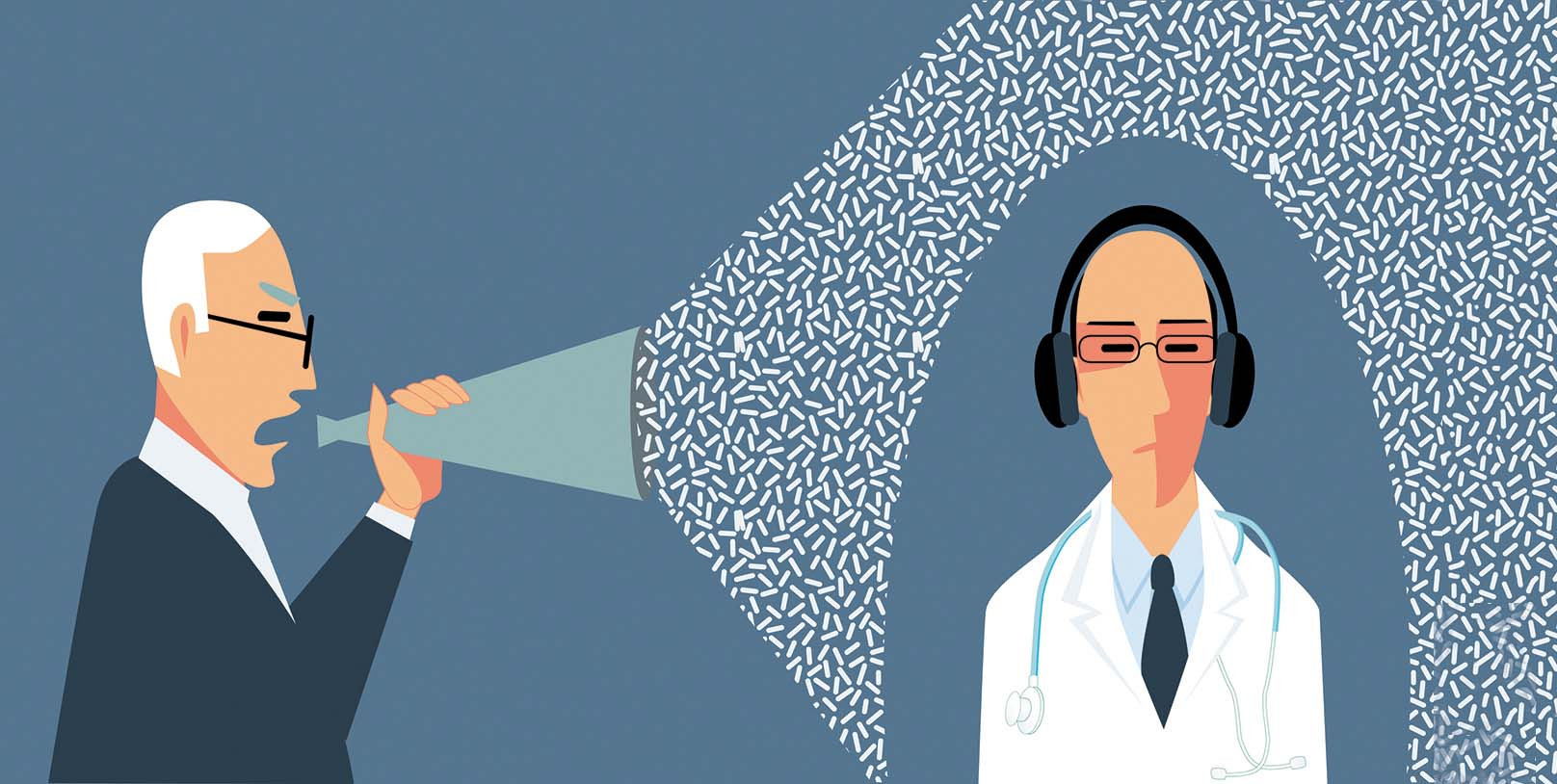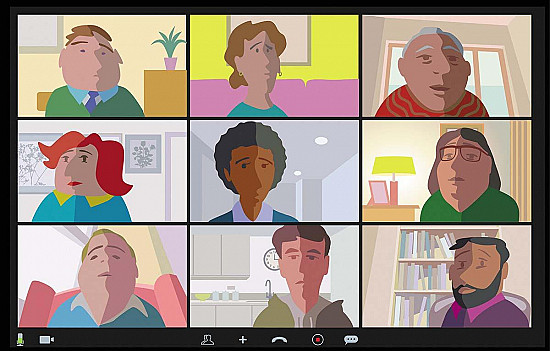What to do about medical gaslighting
If you feel like your doctor is dismissing your health concerns, you may be experiencing medical gaslighting.
- Reviewed by Anthony L. Komaroff, MD, Editor in Chief, Harvard Health Letter; Editorial Advisory Board Member, Harvard Health Publishing

The term "gaslighting" is usually applied to personal relationships, when a partner's manipulation causes you to doubt your mental capacity, ideas, and feelings. But in recent years, gaslighting has been recognized in medical settings, too.
Medical gaslighting describes when health care professionals seem to invalidate or ignore your concerns. It can be linked to missed diagnoses, delayed treatment, and poor health outcomes. It might damage your trust in the health care system and make you less likely to seek care.
Potential causes
Why does gaslighting occur? It can be unintentional. "The health care provider might have poor communication skills, or have limited time to speak with a patient, or not be medically knowledgeable enough to know what to do," says Dr. Jonathan M. Marron, a physician and director of clinical ethics at the Harvard Medical School Center for Bioethics.
Medical gaslighting might also stem from having an illness that isn't well understood, such as long COVID. "Gaslighting might also occur when someone has a disorder that doesn't have a straightforward test for diagnosis," Dr. Marron says. And it is possible that, if the doctor is puzzled by a person's symptoms and bothered by that, the doctor might react by saying the person's symptoms are unimportant, reflecting their own uncertainty or insecurity.
And unfortunately, medical gaslighting also can result from conscious or unconscious bias. "We know there is a significant amount of unconscious bias in the practice of medicine. Studies show that those from marginalized groups, especially women and people of color, are more likely to have their concerns or questions not taken seriously, which can be associated with worse health outcomes," Dr. Marron says.
Avoiding medical gaslighting
To avoid medical gaslighting, Dr. Marron advises going to an appointment as prepared as possible. Consider bringing
- a journal tracking the symptoms you've been having
- a brief and precise expression of your medical concerns
- a short list of questions for the clinician
- a buddy who can support you, take notes, and observe your interaction with the clinician.
At the start of the appointment, tell the clinician you have a short list of questions you'd like to ask at the end of the appointment (note that there may not be time for all of them). "If you don't know what to ask, you could try, 'If you were in my shoes, what should I be asking right now?' Don't leave without understanding the big-picture plan and next steps," Dr. Marron says.
Tips to spot medical gaslightingSometimes it's hard to catch medical gaslighting as it's happening, especially if the clinician's behavior is subtle or if you're feeling sick or stressed. Red flags can include a health care provider who
A classic example is a 70-year-old who is worried about having more than usual body aches and low energy, whose clinician says that it's probably just aging, without ordering any tests. |
Confronting gaslighting
Dr. Marron says one challenge of medical gaslighting is that most clinicians probably don't feel they do it. That makes for tricky ground if you perceive that you're being gaslighted. How can you cope in the moment?
Take a step back. "Maybe there's a misunderstanding between you and the clinician. It's okay to say that and then reframe your question or request and see if it garners a different response," Dr. Marron advises.
Ask your buddy for support. Perhaps your friend can advocate for you and lend credibility to what you're saying or asking the clinician.
Prepare for some discord. If the appointment seems to be going south, it's okay to note your concerns. "Calling out gaslighting is reasonable. But understand that it may not be the most comfortable conversation. Some clinicians might feel they're being attacked. Be clear that it's not your intent," Dr. Marron says.
Get a different clinician. If you and the clinician can't reach a resolution, it might be a good idea to move on. You deserve better treatment. "Everyone has the right to change clinicians or get a second opinion," Dr. Marron says. "The more you and your family members are aware of it and feel empowered, the less likely it will have a negative impact on you."
Image: © Aleutie/Getty Images
About the Author

Heidi Godman, Executive Editor, Harvard Health Letter
About the Reviewer

Anthony L. Komaroff, MD, Editor in Chief, Harvard Health Letter; Editorial Advisory Board Member, Harvard Health Publishing
Disclaimer:
As a service to our readers, Harvard Health Publishing provides access to our library of archived content. Please note the date of last review or update on all articles.
No content on this site, regardless of date, should ever be used as a substitute for direct medical advice from your doctor or other qualified clinician.
















